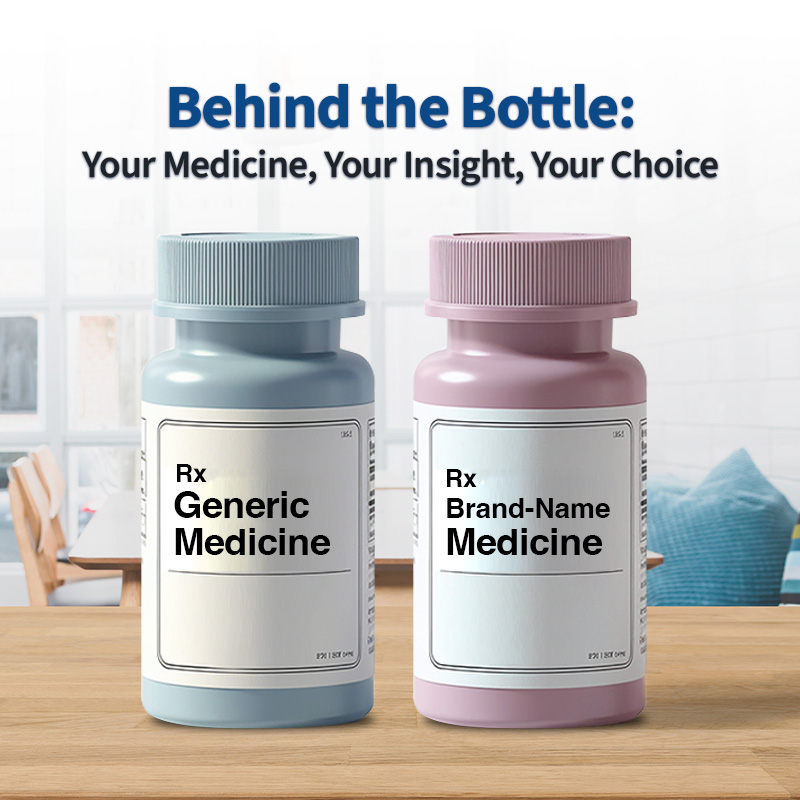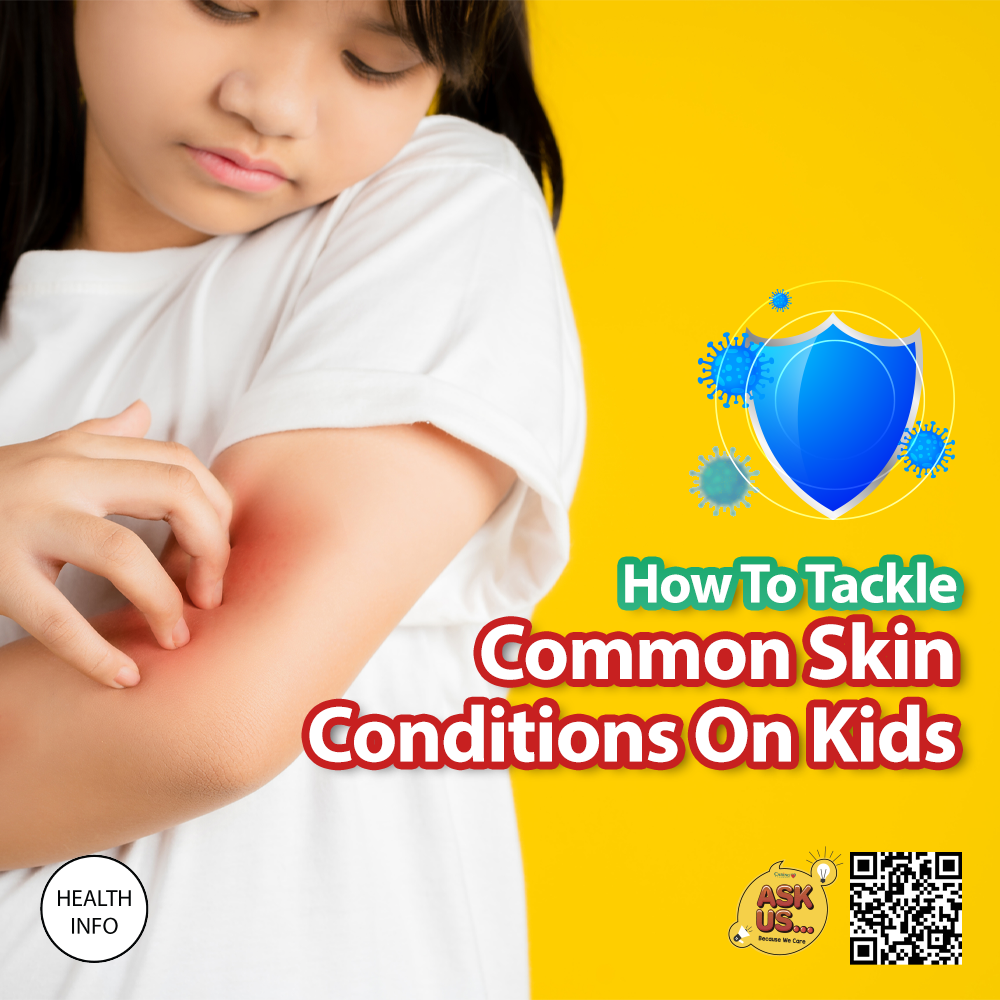- Home
- Health Center
- Health Info
- Alcohol & Medication: A Dangerous Combo
Alcohol
Alcohol & Medication: A Dangerous Combo


Have you ever drank alcohol after taking medication and start wondering if it is okay to do so? You probably know that alcohol and medication can be a bad combination but never know why or never take it seriously. Well, mixing alcohol – even a small amount – with many common medications can result in awful side effects such as:1
- Nausea
- Vomiting
- Headaches
- Dizziness
- Changes in blood pressure
- Loss of coordination
Many medications, including prescription medication, over-the-counter medication and even some herbal remedies can interact negatively with alcohol when taken together. In some cases, alcohol may decrease the effectiveness of medications or render them useless. Alcohol may also make the medication harmful or even toxic to the body, increasing the risk of complications such as liver damage, heart problems, internal bleeding and impaired breathing.2
As we know that alcohol can make you sleepy, drowsy or lightheaded, these effects of alcohol may be intensified by medicines that slow down the central nervous system. This may interfere with your concentration and ability to operate machinery or drive, putting you at increased risk of serious injuries and accidents.
There is a long list of medications that can adversely interact with alcohol but here are 6 common medicines that you should avoid taking together with alcohol.
1.Paracetamol3
Alcohol is metabolised via the liver and a lot of medicine is metabolised through the same pathways. Paracetamol, which is a pain killer, is one of the most common medicine that is metabolised via the liver. It is generally safe to be taken but it has a direct effect on the liver if you take it together with the alcohol, especially if you take it more than recommended or if you are on other medication that also contains paracetamol. People who take paracetamol very often or every day may be at risk of liver damage if you drink alcohol in excess on several occasions.
2. Non-steroidal antiinflammatory drugs (NSAIDs)2
NSAIDs (e.g. diclofenac, mefenamic acid, ibuprofen, naproxen) are a group of widely used medicines available only as dispensed medicines for its pain-relieving, fever-reducing and antiinflammatory properties. Chronic use of NSAIDs can increase the risk of stomach upset, bleeding and ulcers. Mixing NSAIDs with alcohol makes these side effects even more likely to occur if you drink more than three drinks a day.
3. Flu and allergy medicine (antihistamine)2
The older generation antihistamines used for flu and allergy like chlorpheniramine, dexchlorpheniramine and triprolidine can cause drowsiness which affects one’s ability to operate machinery or drive. Drinking alcohol together with these medications can add to the drowsiness that these medication causes in the first place.
4. Cough syrup1
Cough syrups either help to suppress the cough in the case of dry cough or help to cough up phlegm. Cough suppressants contain dextromethorphan or pholcodine which works by telling the brain to stop the coughing reflex. This could cause drowsiness and dizziness in some people. Some cough syrup also contains antihistamine like diphenhydramine and promethazine which causes excessive drowsiness – even more so when you have had a drink or two.
5. Blood pressure medication2
Alcohol can have an additive effect on the blood pressure medication, causing blood pressure to drop too low. This could lead to dizziness and even fainting. On top of that, drinking alcohol beyond moderation can also reduce the effectiveness of blood pressure medication.
6. Diabetes medication4
Alcohol can lower or raise blood sugar levels in people with diabetes, depending on how much and how often one drink. As alcohol can interfere with the liver’s ability to regulate blood sugar, drinking alcohol with some diabetes medications can lead to hypoglycemia, a condition where blood sugar falls to a dangerously low level. Since symptoms of excess alcohol consumption mimic low blood sugar level symptoms which include drowsiness, confusion and dizziness, one may not be aware of the signs of hypoglycemia.
These interactions may not happen every time to every person who accidentally drinks while taking medication but depending on the medication in question and other factors like your general health and liver function, the harmful effects of interaction between alcohol and medicine could potentially impact anyone. Since alcohol can interact with many commonly used medications, it is important to look out on the warning labels or ask your pharmacist if it is safe to consume alcohol with any medications that you take. To be on the safe side, avoid drinking alcohol when you are taking medication.
According to the Dietary Guidelines for Americans 2015-2020, if alcohol is consumed, it should be in moderation – no more than 1 drink per day for women and no more than 2 drinks per day for men.5
References:
- Harmful Interactions [Internet]. National Institute on Alcohol Abuse and Alcoholism (NIAAA). 2003 [cited 10 September 2019]. Available from: https://www.niaaa.nih.gov/publications/brochures-and-fact-sheets/harmful-interactions-mixing-alcohol-with-medicines
- Weathermon R, W. Crabb D. Alcohol and Medication Interactions. Alcohol Research and Health. 1999;23(1):40-54.
- Holton A, Gallagher P, Ryan C, Fahey T, Cousins G. Consensus validation of the POSAMINO (POtentially Serious Alcohol–Medication INteractions in Older adults) criteria. BMJ Open. 2017;7(11).
- Triplitt C. Drug Interactions of Medications Commonly Used in Diabetes. Diabetes Spectrum. 2006;19(4):202-11.
- Dietary Guidelines for Americans 2015-2020. 8th ed. Washington, DC: US Dept of Health and Human Services and US Dept of Agriculture; 2015.
Latest Health Info
Behind the Bottle: Your Medicine, Your Insight, Your Choice
Generic medicines are an important part of healthcare, offering an affordable and effective alternative to brand-name drugs. Simply put, generic ...
屏幕时间与儿童的发展:寻找平衡点
随着科技的快速发展,电子设备已广泛进入千家万户,儿童接触电子屏幕已成为普遍现象。尤其是在新冠疫情期间,疫情封锁导致儿童的 ...
Common Skin Conditions in Kids & How To Tackle Them
Did you know that 70.24% of skin condition patients are children aged 0-5 years? Due to their developing immune systems ...



